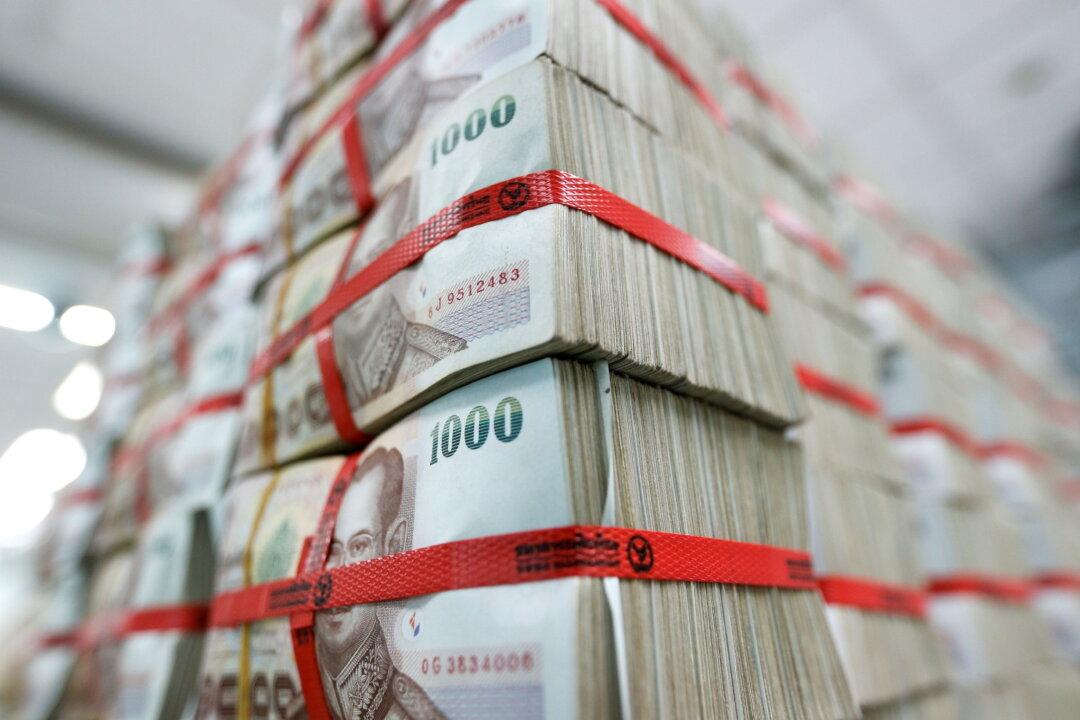The Philippine Central Bank (BSP) raised its key interest rate for the second straight month to curb inflation, raising the key policy rates by 25 basis points to 2.5 percent effective June 24.
The change, which had been widely anticipated by analysts, followed a 25-basis-point rise in May, the country’s first interest rate increase since 2018.





